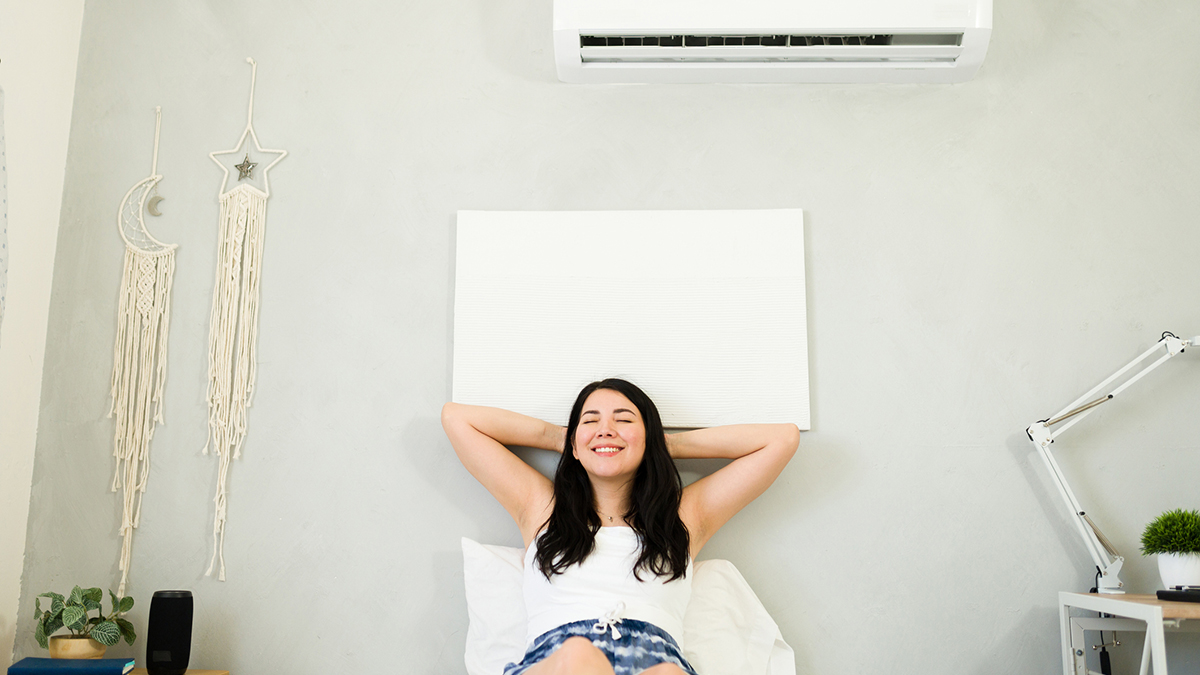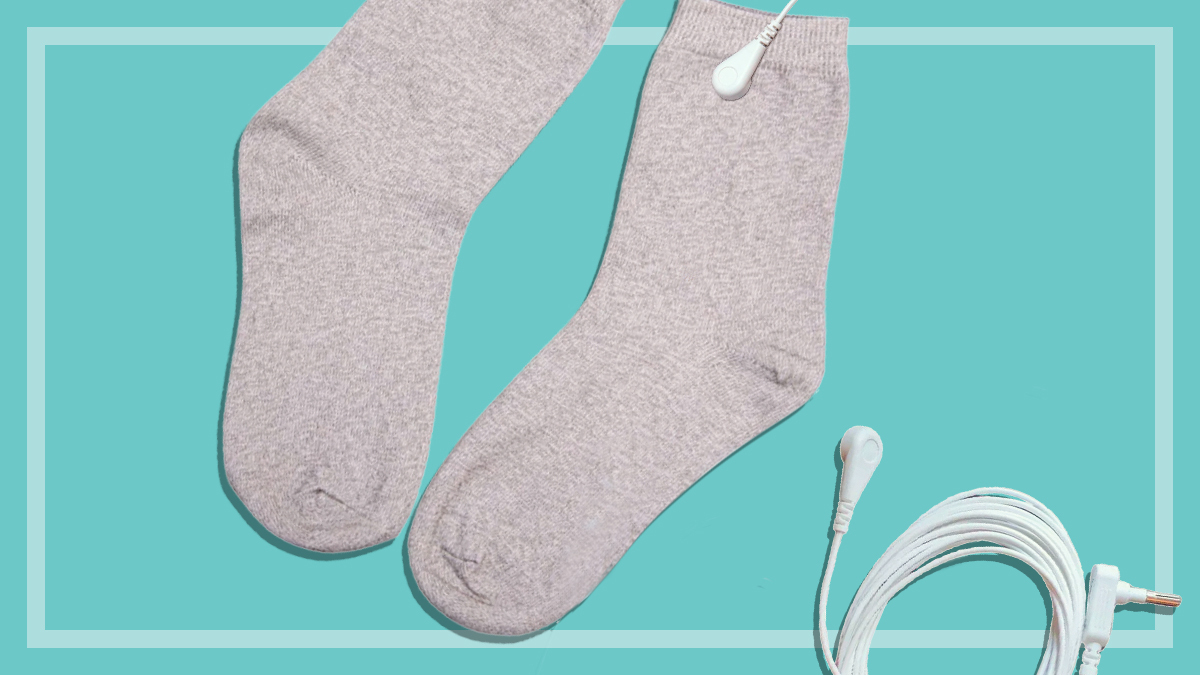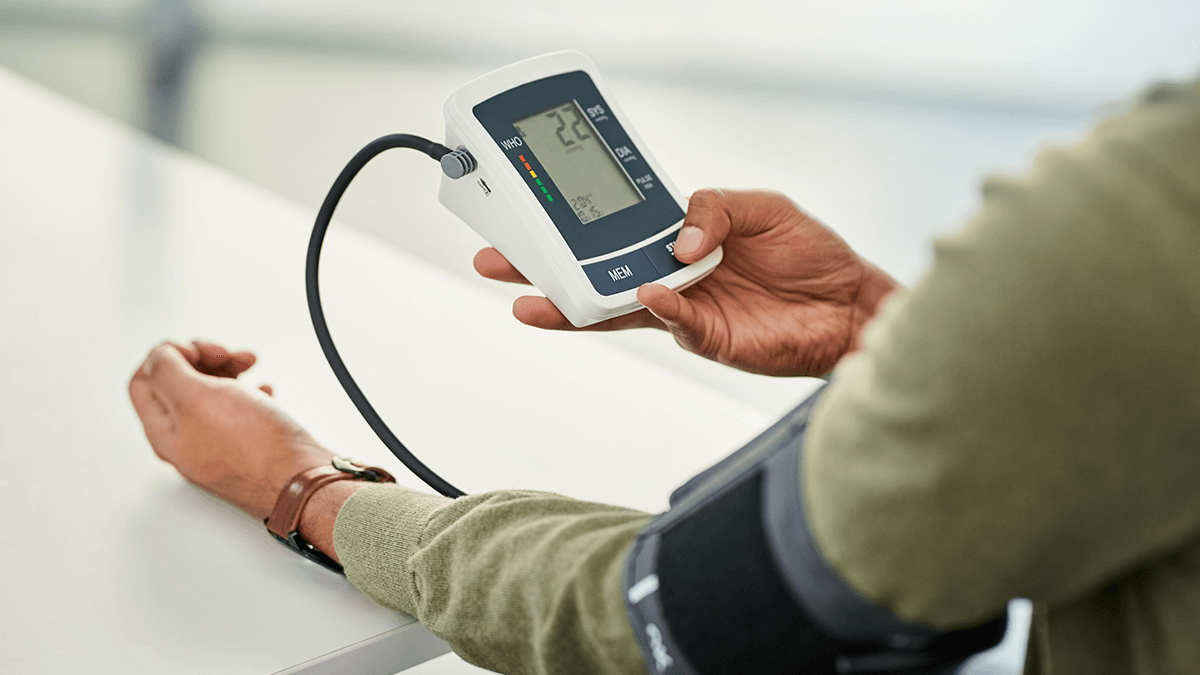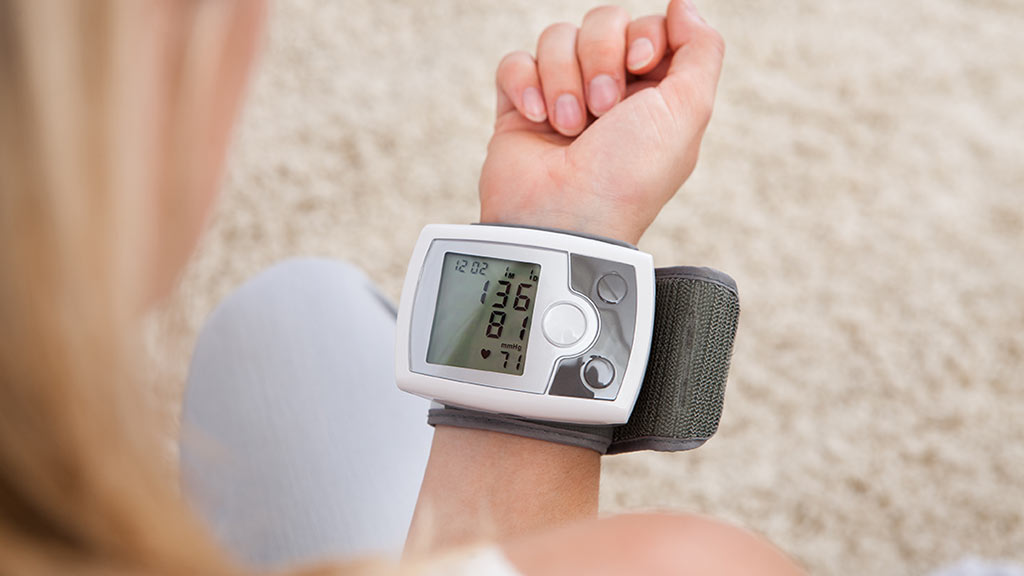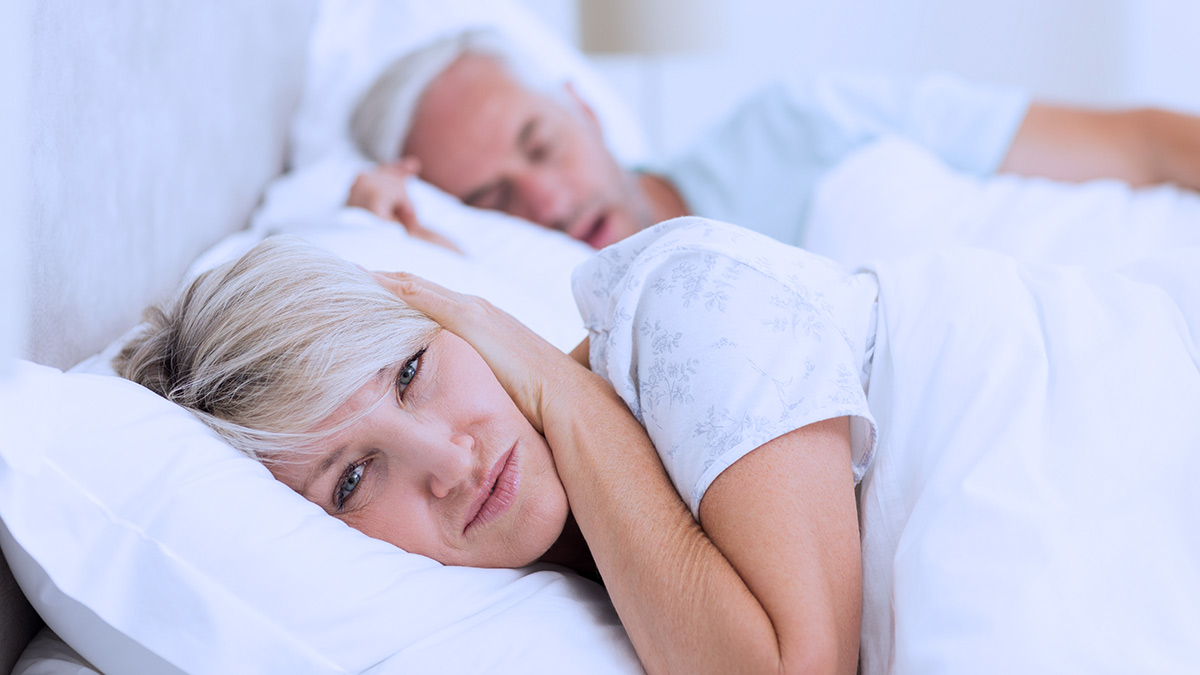Get our independent lab tests, expert reviews and honest advice.
What’s the best face mask for bushfire smoke?
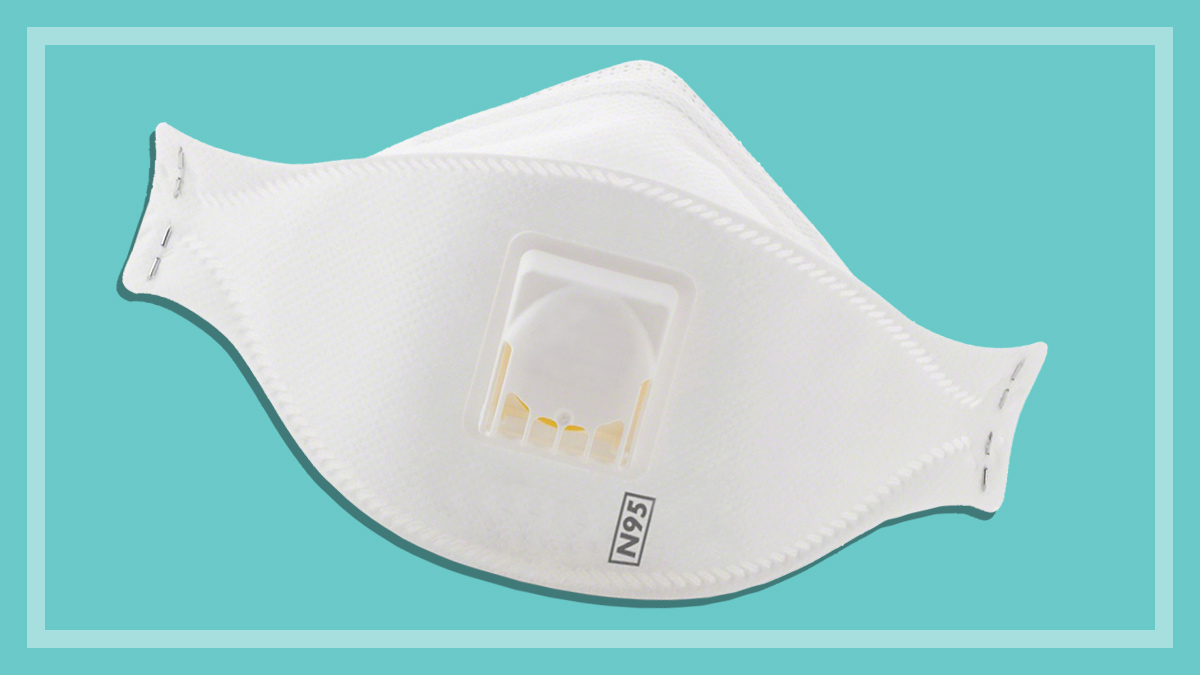
Need to know
- P2 and N95 face masks can filter out fine particles, but it's best to avoid the smoke altogether
- If you're going to buy and wear a face mask, make sure you buy the right ones
- The Victorian and NSW health departments offer tips on how to stay healthy, as the bushfire smoke continues to roll in
With bushfire smoke continuing to darken the skies, and the quality of the air we breathe regularly reaching hazardous levels in many Australian cities and regions, it’s no surprise protective face masks have been selling out.
But you need to make sure you’re buying the right face mask – and be aware that they can only help so much. Staying indoors as much as you can is a better idea.
Which face mask do I need?
A NSW Health spokesperson tells us that only people who are unavoidably exposed to bushfire smoke should use P2 face masks – that is, those who don’t have the option of simply staying indoors. (P2 and N95 are different names for the same type of recommended face mask to protect against smoke.)
To that end, NSW Health says it’s distributing one million Commonwealth-provided P2 masks to hospitals, health facilities, recovery and evacuation centres and pharmacies in affected areas.
P2 masks can make breathing more difficult, so people with pre-existing heart and lung conditions should consult their doctor before using one
NSW Health
“When used correctly, P2 masks can filter out fine particles, however they require an extremely good fit to work properly and are not recommended for general community use,” the spokesperson for NSW Health says.
“To best avoid smoke, stay indoors with windows and doors closed and avoid outdoor exercise. P2 masks may be helpful for people returning to their properties in burned areas and people whose only option is to work outside.”
P2 masks can also make breathing more difficult, according to the spokesperson, so people with pre-existing heart and lung conditions should consult their doctor before using one.
Stores getting it wrong
One woman who recently got in touch with us said she ended up with the wrong masks when shopping at a Priceline store in Melbourne.
“The shop assistant said they’d run out of N95 masks but still had P2 masks, and handed me a Priceline bag,” the woman told us on social media.
“I thought it was odd that it had been repackaged, but maybe with the shortages Priceline had made the decision to spread out bulk masks so more people could get them,” she continues. “So I paid $10 for two packs of five masks so my family and I could travel safely.”
You need to make sure you’re buying the right face mask – and be aware that they can only help so much
The woman says she doubled checked when paying at the counter that she had the right P2 masks and was assured she did.
“Lo and behold, once outside the shop I opened the package and found just standard face masks that are absolutely useless against bushfire smoke,” the woman says.
The standard masks are normally sold in packs of 50 for $18.95, the woman reports. “So the shop was making a handsome markup selling ten for $10.”
When we spoke to Priceline about the incident, they told us it was an honest mistake.
“It was a one-off,” the spokesperson says. “The store [at Melbourne’s Bourke Street Mall] has been inundated with requests for these masks, and this was simply a case of incorrect signage and labelling. It was literally a human error of putting the wrong sign up. The store is absolutely happy for the customer to come back in and swap the masks for the right ones.”
Whatever the case, the woman’s experience underlines the need to shop carefully.
How to reduce the effects of smoke
We contacted both the Victorian Department of Health and Human Services and NSW Health for some expert tips on how to reduce the effects of dangerous bushfire smoke.
For people in an area with hazardous air quality, Victoria’s chief health officer Dr Brett Sutton offers the following advice:
- Stay indoors, close doors and windows, and keep activity levels low.
- Switch air-conditioners to “recirculate” if you have this function.
- If your home is uncomfortable and it is safe to do so, take an air-conditioned break elsewhere.
- When indoors, reduce activities that affect indoor air quality, like smoking cigarettes, burning candles or vacuuming.
- Anyone with a heart or lung condition should take their medication as prescribed by their doctor.
- People with asthma should follow their asthma management plan.
The department also offers a fact sheet on how to use a P2 face mask.

